Kenya just struck a major financial deal with China, securing a massive Ksh1.8 billion grant to upgrade its ailing healthcare system. But is this a generous gift—or another step toward economic dependence?
China’s “No Strings Attached” Deal?
Unlike loans, grants don’t require repayment, making them a powerful diplomatic tool. And on Thursday morning, Kenya officially signed off on the deal with China, promising to channel the funds into crucial hospital upgrades.
Treasury Cabinet Secretary John Mbadi and Chinese Ambassador Guo Haiyan sealed the agreement at the Treasury Building, marking yet another financial handshake between the two nations.
Which Hospitals Will Benefit?
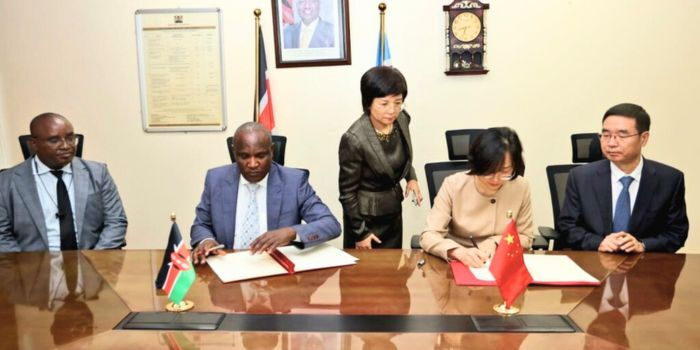
According to the Kenyan government, the Ksh1.8 billion injection will go toward revamping major hospitals, including:
✔ Londiani Referral Hospital
✔ Baringo County Referral Hospital
✔ Kilifi Hospital
✔ Misikhu Hospital
✔ Bildad Kagia Hospital
✔ Kaimosi Farmers Training College
Foreign Affairs PS Korir Sing’Oei praised China for its “practical and impactful support” in social development, hailing the grant as a crucial investment in Kenya’s future.
But Is This Really Free Money?
While the healthcare grant is a welcome relief, Kenya’s financial entanglement with China runs deep. In September 2024, President William Ruto’s visit to Beijing secured a staggering Ksh40 billion loan to complete 15 stalled infrastructure projects across multiple counties.
And here’s the catch: China already holds the largest share of Kenya’s bilateral debt. As of March 2024, Kenya owed China a jaw-dropping Ksh920.52 billion, primarily spent on railways, roads, and port expansions.
By comparison, France—Kenya’s second-largest lender—has only extended loans worth Ksh116.69 billion, mostly for urban development and water projects. Meanwhile, the World Bank remains Kenya’s biggest overall creditor, with loans exceeding Ksh1.8 trillion.
Ruto’s U-Turn on Borrowing: Is Kenya Digging a Deeper Hole?
Despite earlier pledges to balance the budget by 2027, President Ruto’s administration now admits it will continue borrowing. Treasury CS John Mbadi has cast doubt on the feasibility of eliminating Kenya’s fiscal deficit anytime soon.
“If you balance your budget now, you will not be able to provide services,” Mbadi warned, predicting a 3% fiscal deficit of GDP by 2028.
With public services already stretched thin and debt mounting, Kenyans are left asking—will these Chinese grants and loans truly uplift the nation, or are they pushing Kenya further into economic submission?

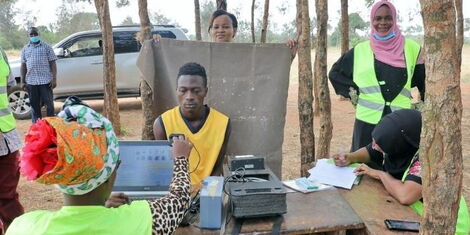
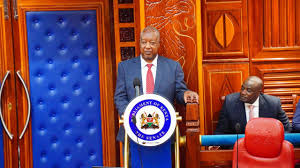

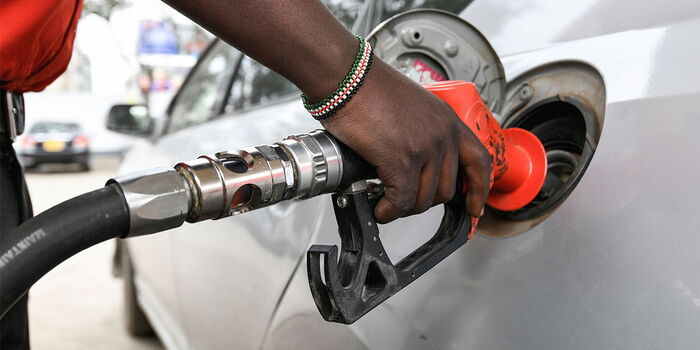

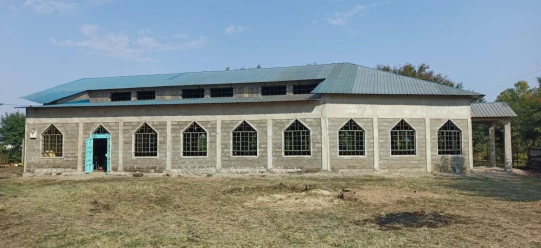

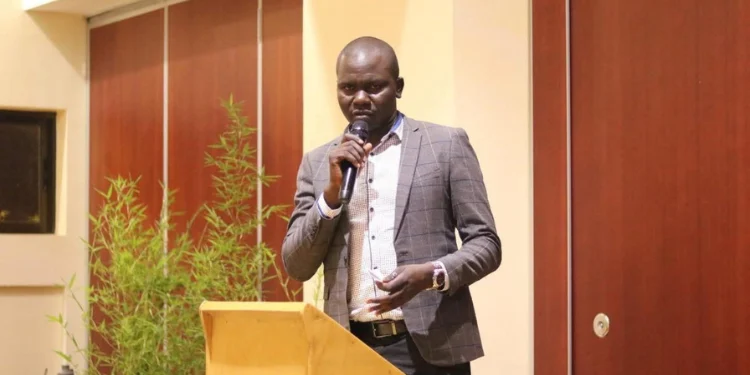

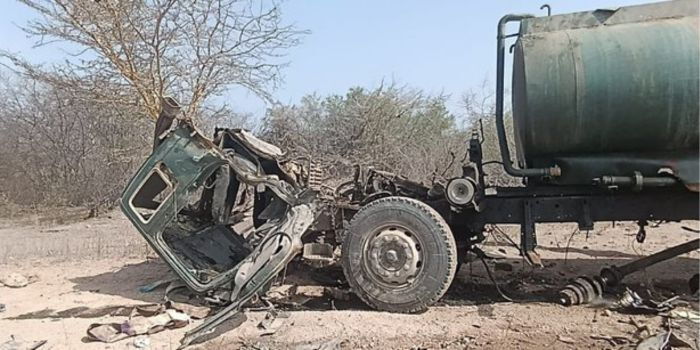

Leave a Reply